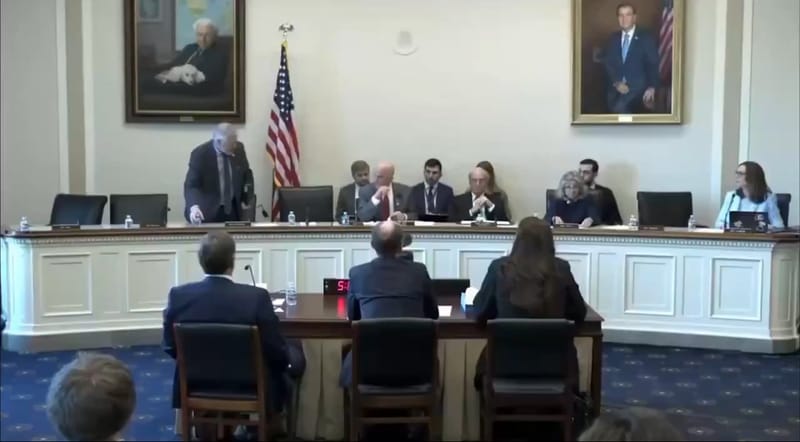Biden Administration Appointee Resigns Over U.S. Policy on Gaza
Maryam Hassanein, a 24-year-old political appointee in the Department of the Interior, has resigned from her position. Hassanein, who was serving as a special assistant, cited the Biden administration's support for Israel during its nearly nine-month war in Gaza as the reason for her departure. Hassanein, the youngest
Maryam Hassanein, a 24-year-old political appointee in the Department of the Interior, has resigned from her position. Hassanein, who was serving as a special assistant, cited the Biden administration's support for Israel during its nearly nine-month war in Gaza as the reason for her departure.
Hassanein, the youngest known resignee over Gaza, accused the U.S. president of turning a blind eye to Israeli atrocities in the Palestinian enclave. In her resignation letter, she stated that "through their policy choices and dehumanization of Arabs and Muslims, it has become clear to me that I do not have a place in this administration."
The resignation comes as the Biden administration faces criticism from some quarters for its support of Israel during the ongoing conflict in Gaza. Hassanein's departure is seen as a reflection of growing discontent among some members of the administration over the U.S. stance on the issue.
Hassanein's resignation is the latest in a series of departures from the Biden administration over the Gaza issue. At least nine U.S. administration officials have resigned, accusing the president of ignoring Israeli atrocities in Gaza.
The Biden administration has denied these allegations, pointing to its criticism of civilian casualties in Gaza and its efforts to boost humanitarian aid to the enclave. However, the growing number of resignations suggests that the administration's stance on the issue is facing internal opposition.
The resignation of a young political appointee like Hassanein is likely to add to the pressure on the Biden administration to re-evaluate its policy on Gaza. It remains to be seen how the administration will respond to this latest development and whether it will lead to a change in U.S. policy on the issue.




